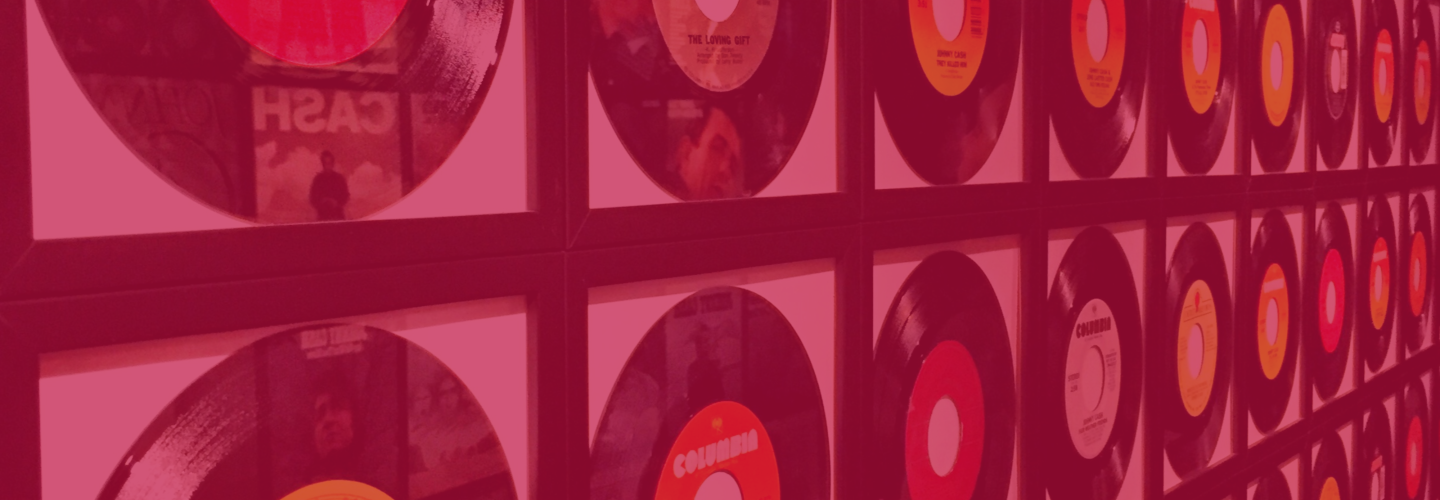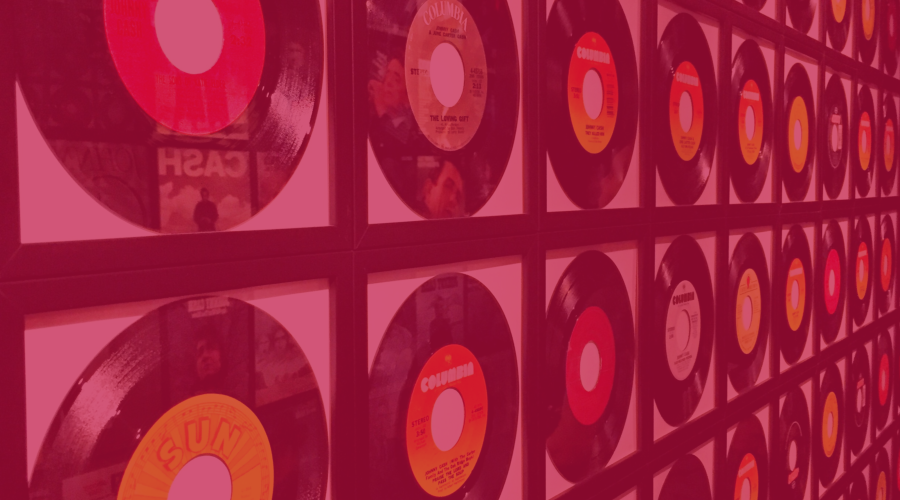The roles of the Music Publisher and Record Label vary greatly but work side-by-side to ensure that the overall music business runs smoothly. As an artist, it’s important to know the differences between the two for a better understanding of which areas in your career that a publisher and record label can assist you in.
The Music Publishers Association explains,
“A music publisher invests in songwriters and composers and controls musical compositions, whereas a record company invests in artists and controls master recordings. Not all songwriters and composers are recording artists and many recording artists don’t write their own songs. Money is collected separately for songs and for master recordings.
For example, Ed Sheeran co-writes his own songs but also writes for other artists such as One Direction. Therefore he has a music publishing agreement as well as a record deal.”
Within this blog, the difference between the roles and functions of both types of company will be explored. See below for a diagram of the key roles within music publishing and record labels, and how they can intertwine (click for larger image):
Along with many differences, both companies have similar departments that work in different ways. For example, let’s look at the Artist and Repertoire (A&R) departments in both a publisher and a record label (click for larger image):
The Role of a Music Publisher
The publisher’s main role is to deal with copyright and monetisation of the songs that they represent. In addition to this, the publisher deals with the task of exploiting the song to gain income. The publisher will receive income from collection societies for performing rights (PRS in the UK) and mechanical rights (MCPS in the UK), and they will need to make sure that they pass on the necessary royalty payments (for example, live performances of a song, radio play and TV broadcast) received to their songwriters and composers. See below for an example of the key roles within a music publisher (click for larger image):
The Role of a Record Label
A record label has various functions and departments, some of these include:
- Dealing with the release of music through distribution.
- Marketing and promoting releases.
- Developing artists and their career.
In general, the role of the record label consists around funding and creating music, distributing releases, and creating longevity and opportunities for the recorded song. Record labels tend to own the master rights to a song as they typically finance the recording and sometimes pay the artist an advance (to be recouped against future royalties). However, it is worth noting that every label deal is different.
Labels will work with distribution services who focus on getting the product (music) available to the consumer (music listeners) to generate revenue. Distribution can be both physical (for example, CDs) or via DSPs (for example, Spotify and Apple Music). An independent artist not working with a label could make their own song available for distribution by uploading their music to an aggregator (for example, Horus Music). Click for larger image.
Usually, a record label is more active in marketing and social media in terms of artists and releases. Within their marketing department, an overall plan is created for every release and artist, which incorporates the promotion, sales and publicity departments, along with leveraging their industry connections to push forward the artist’s career. In comparison, marketing is something that a publisher doesn’t typically get involved in.
To Summarise
The role of a music publisher and record label vary greatly however they work side by side towards the success of their songwriters and artists. To recap:
- A music publisher invests in songwriters and composers and controls compositions.
- A record company invests in artists and controls master recordings.
- It is possible to be a songwriter and/or composer but not a recording artist.
- Many recording artists don’t write their own songs, so their label will connect them with songwriters and music publishers.
- Money is collected separately for compositions and master recordings.
Overall, it is crucial that you understand the importance of all the roles associated with your music within the industry. Knowledge will enable you to make informed decisions and make considered career choices. If you have any more questions on music publishing, feel free to contact us directly. Alternatively, you can also follow us on Facebook, Twitter, and Instagram.





